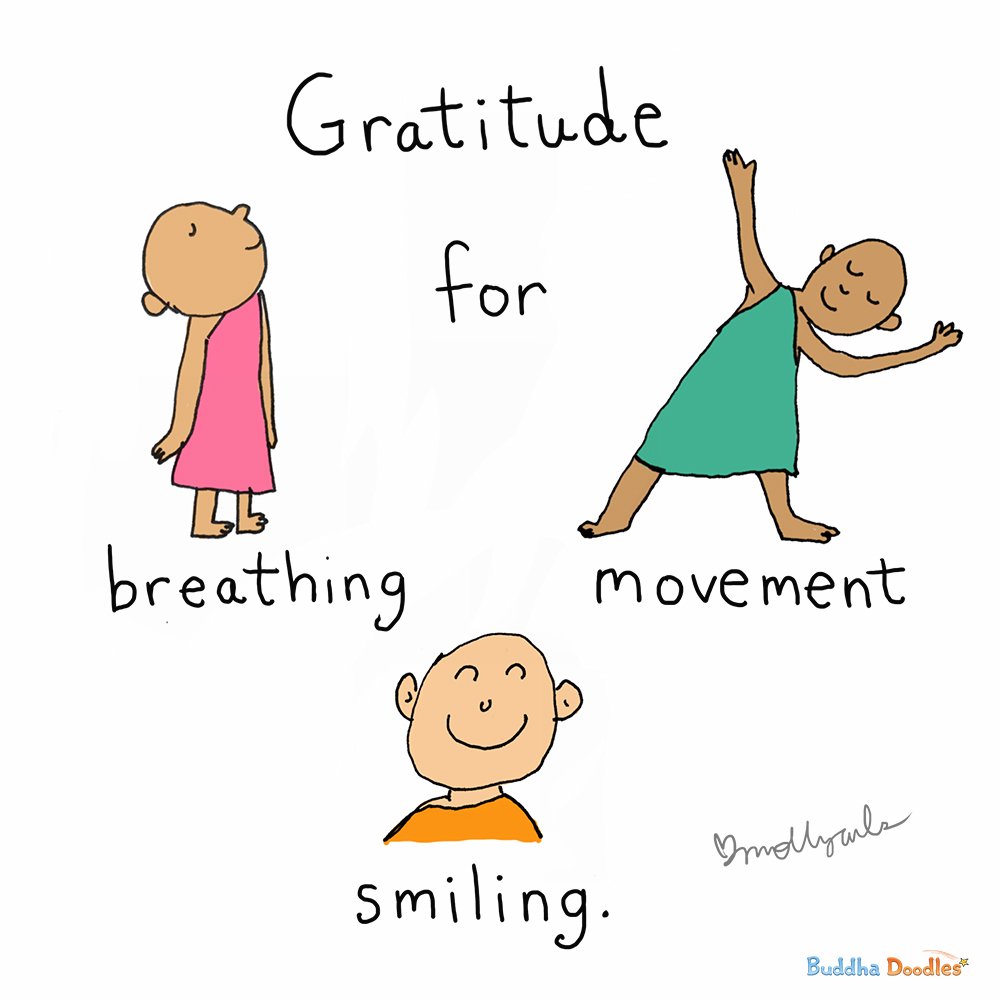7 Simple Ways to Kickstart 2023
/There’s a Taoist saying, “Change is inevitable, unless it’s change.” For you Star Trek fans, the Borgs would say, “Resistance is futile.” Without change, we’d still be babies and can’t read this awesome blog and the food we eat would still remain as seedlings. I think you get the point to the inevitability of change and perhaps welcome change. In my experience when I resist to change I suffer. Here are some questions I've been reflecting on to help me understand and welcome change:
How did I adapt to change?
When I resist to change, how does that make me feel?
What one practice that I resort to keep my peace when change is happening that is out of my control? Case in point: COVID restrictions.
What would I do differently or the same to maintain my peace?
Despite all the unknown changes that our world is experiencing, I feel very grateful to have the path of well-being to keep my mental strength and resilience as I welcome 2023. Let’s begin anew together and welcome change as I share 7 very simple ways to cultivate mental strength and peace. The best part is they’re all free!
Did you know that about 92% of the people who make New Year's resolutions fail every year? It's probably the resolutions are daunting or too far-fetched after a day or two, like a drastic diet change or strict fitness regime.
I invite you to start with small achievable simple things that you can do every day to create good habits and thus, voila, cultivate well-being. For example, I challenge you to wake up 15 minutes early starting January and practice 15 minutes of Qi Gong, sun salutations, meditate, or all. Start small and commit for three short weeks and see what happens. If you start to feel good or better, continue on or email me for more suggestions. Start small and it will have a rippling effect on the rest of good habits.
Here are seven small and simple habits to kickstart your new year (I still practice these everyday!)
1. Smile with Gratitude and Breathe Upon Waking in the Morning
Upon waking up early each morning, remain in bed, smile and feel your breath coming in and out for about 5 breaths. This practice helps me to remind myself that I am still alive and it’s a gift to be alive. I feel very grateful for waking up every morning. Not everyone gets to wake. Naturally, do more if it’s too enjoyable. Then get up. Do not “BBQ” in bed – it’s a Vietnamese expression that means when you wake up, you get up. Avoid rolling, tossing or turning like a veggie kabob on the grill.
2. Stay Hydrated
After waking up, the first thing I consume is a tall glass of water to hydrate myself from the night’s sleep. Your body loses water (and carbon dioxide) through your exhales each night. If you’re on the go, carry a water bottle with you and drink the equivalent of another 4 to 5 more tall glasses of water throughout the day. Sometimes we confuse thirst with hunger and end up eating instead of drinking. If you've been to our fascia release workshop, you may recall that fascia needs water to prevent tension and tightness in the body.
3. Move Your Body
A simple and inexpensive form of exercise is walking outdoors. 10 minutes is a good start to get the blood or Qi (energy) circulating. If it is too enjoyable do more or continue later on in the day. When walking, enjoy Mother Nature’s views and sounds, say hello or smile to the people that cross your path. Coordinate your steps with your deep breaths. Feel a sense of ease and joy in your steps. Avoid listening to music or getting lost in thoughts. Walk to just walk. Or, jog to just jog.
After your walk, take 5-10 minutes to stretch out your muscles and mind. I prefer to practice yoga or Qi Gong where breath is coordinated with movement to help keep my mind from wandering. This helps me stay focused on what I’m doing and also keeps my body loose and gliding, speaking in fascia terms (-:
4. Smile During Daily Activities
I named this pose “smilasana” in yoga. Smile at everything that you do, like driving, cutting up the vegetables, taking out the garbage, strolling in the supermarket, standing in queue, walking from A to B, and in activities or chores that you don’t care for. One day you’ll find joy in it. Smiling helps me find ease and peace in myself and in what I’m doing. It is also contagious. Strangers will soon smile back.
The way I see it is I always have a choice; to suffer while doing the work or to find joy in doing the work. Why suffer when you have a choice, right?
Use every moment to smile and enjoy your breath. This simple practice reminds me that I’m still alive and often helps me to realize that whatever it is that I’m struggling with is smaller than I perceive it to be.
How wonderful it is to smile to my aliveness every day. If not, it likely means that I’m dead or walking around like a zombie.
Fun facts about smiling. It only takes 17 muscles to smile but 43 muscles to frown. Smiling produces “feel good” chemicals. Our mindfulness teacher, Thich Nhat Hanh, says, “Smile to offer yourself and others your freshness.” To me smiling is like offering myself a fresh bouquet of flowers without having to spend money on flowers.
5. Stay Positive
Water your garden and stay positive. When I complain, swear, or have negative thoughts, I water the weeds in my garden and I’m the first receiver of this suffering, and then the people around me are the second and third receivers of my negativity. Nobody likes to be around a complainer or a negative person. It is exhausting. We also lower our self-worth and lose the ability to heal.
Take a moment to come back to your breath before reacting. Your breath is real. Sister Dang Nghiem at Plum Village monastery says, “The strong emotions experienced are just states of mind. Come back to your breath.” Physically remove yourself from the negative situation if you need to. Look for the good or accept the situation without negativity. This requires conscious practice and deep looking to help you understand your behaviour and perception. Buddha says, “Where there’s perception, there’s deception.” Understand yourself and understand the other person. Remember that 90% of our suffering is self-inflicted. Be open and curious. Our experience often deceives us into believing what is right or wrong. This can be dangerous.
6. Rest
Take time each day to rest your body from the doing and the mind from the overdrive thinking. It can be as simple as sitting or lying down for 5 to 10 minutes and just be with your breath. Be with your breath and allow your mind to come home to your body. You can do this anytime of the day. This is why I love savasana, the resting pose, at the end of every yoga practice. On a side note, have you tried yoga? There are all kinds of styles to suit your needs.
7. Quality Time
Spend quality time with your loved ones. When you’re with your loved ones, really be there with them. This means avoid getting distracted with your phone, laptop, TV and other devices. My phone on always on silent or out of sight when I’m with my family. I’ve also turned off all the pop-up notifications from social media. I allocate some time every day to take care of important messages and emails.
Sarah and I have made a pact that whenever one of us is on our device and the other person starts talking, we stop using our device and give our full attention to the person who is talking to us. We both feel strongly that the presence of another person is more important than laptops or smart phones. If it's an urgent email that we need to give our full attention to, we ask the other person to give us silence for x minutes.
Our mindfulness teacher likes to remind us when we fight, disagree or suffer, “Where will we all be 300 years from now?” Treasure your moments with family and friends.
May your 2023 be nourished with loving kindness, peace and joy.
Smiling to the new year ahead,
Hang & Sarah
















